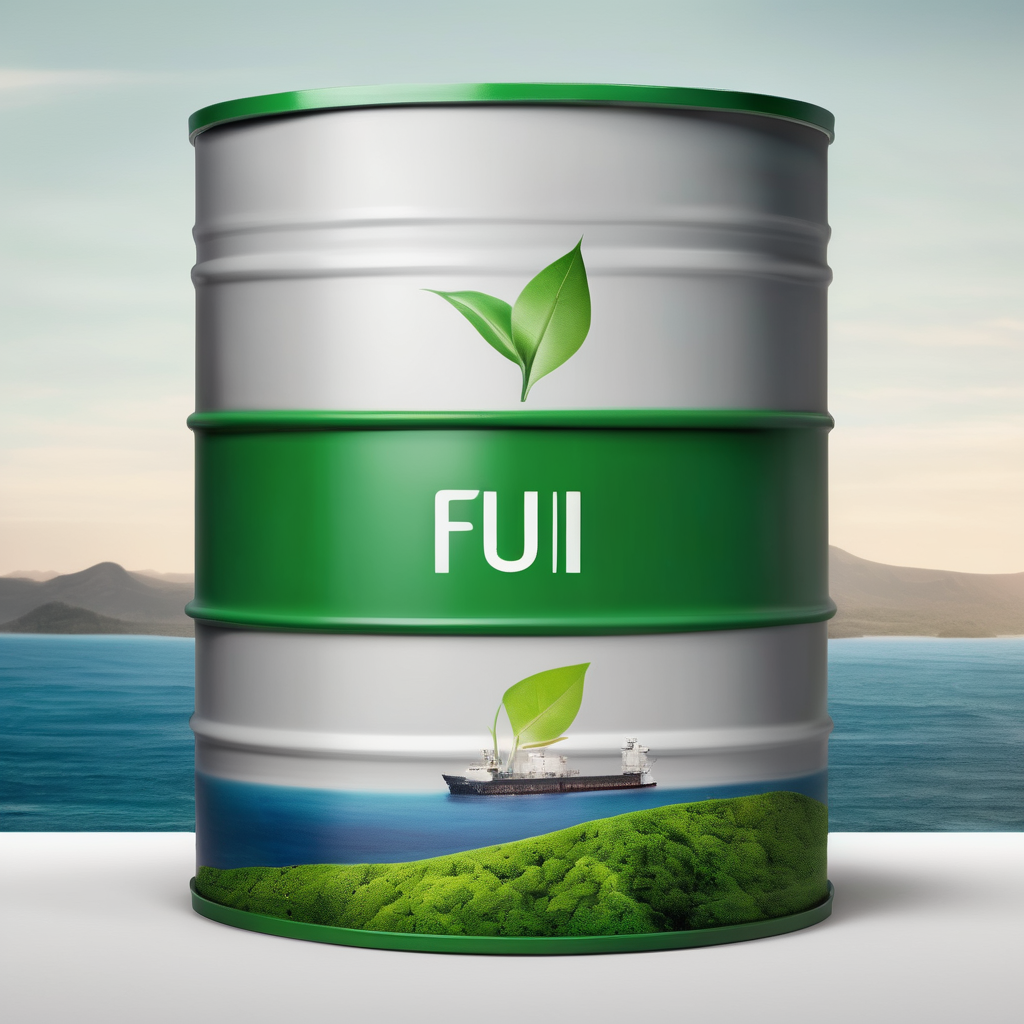Fiji is revamping its Petroleum Act of 1938, which was last updated in 1978, to enhance control over the nation’s fuel supply chain and ensure compliance with contemporary regulations. Public Works Minister Ro Filipe Tuisawau emphasized the urgency of the updates during a recent parliamentary session, indicating that the current legislation has left the country vulnerable to “substandard practices” due to a lack of clear regulatory mandates for suppliers.
“While many local suppliers have voluntarily adopted responsible operating standards, the absence of strong legislation exposes us to risks across the supply chain,” Ro Filipe remarked. He pointed out that the review has garnered technical support from both the New Zealand Government and the Asian Development Bank (ADB), highlighting initial findings that reveal weaknesses in supplier accountability, adherence to infrastructure standards, and emergency response planning.
Amid Fiji’s commitments to achieving 100% renewable electricity generation by 2030, the minister noted the continued relevance of fossil fuels during the transitional period, insisting on the importance of balancing the expansion of renewable energy with robust safeguards for petroleum supplies.
The forthcoming legislation is anticipated to clarify supplier responsibilities, modernize compliance expectations, and bolster institutional frameworks aimed at enhancing governance in the sector. “The review of the Petroleum Act is a key step in ensuring energy security for our nation while we move towards reducing reliance on imported fossil fuels,” Ro Filipe said. He underscored the necessity for laws that are not only relevant but also resilient enough to protect Fiji’s interests both now and in the upcoming decades.
This legislative overhaul aligns with ongoing discussions about Fiji’s broader energy policies, amidst increasing scrutiny regarding the environmental impacts of fossil fuel reliance and the need for a sustainable transition to renewable energy sources. As the nation strives toward a greener future, the government’s proactive approach underscores a commitment to foster a secure energy landscape while simultaneously prioritizing the environment and public well-being.
